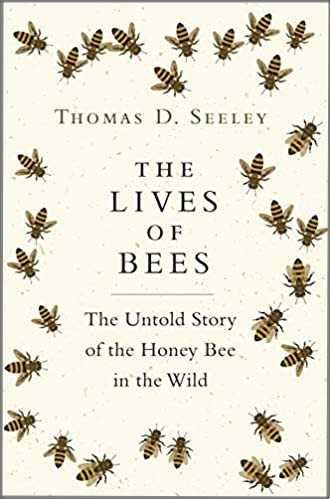Beekeeping Associations
Beekeeping Associations can be great places to meet and learn about beekeeping, share tips and advice, news, chatter, purchase used beekeeping equipment, or even to gain discounts on new beekeeping equipment organised via the group.
There are local groups, and these can usually be found via the internet (association websites) or sometimes via directories (both paper and internet). A list of beekeeping associations in the USA may be found here. Local libraries and councils may also have further information.
There are country wide beekeeping associations, as well as international and continent wide groups. Some of these come together for a very specific purpose, and/or also engage in campaigns, such as the European Beekeeping Coordination.
There are also other groups, trusts and societies which engage in particular activities of interest to beekeepers, such as the IBRA (International Bee Research Association), Bees For Development (which focuses on beekeeping as a way to create a sustainable livelihood, among other things), and groups at a national level, such as the Natural Beekeeping Trust – the UK arm of a movement to encourage what they term ‘Natural Beekeeping’ methods.
Beekeeping Associations - what do they do?
Here are a few ideas of mine – how many boxes does your beekeeping association tick?
- Welcomes all beekeepers, new and
existing members.
- Supports good husbandry practice and training, such as disease identification and risk minimisation.
- Helps new members learn how to start beekeeping.
- Is a good place to share advice,
ideas, tips and contacts, and to attend informative lectures and receive
helpful news on anything from keeping bees, purchasing bees and to buying equipment.
- Is a place where matters can be
discussed and different methods of beekeeping can be embraced without
prejudice, and experience shared for general interest.
- Has a good outreach program that inspires people about bees, and overcomes fear of bees in some members of the
public, as well as put them in perspective.
- Lobbies for a fair systems and support for bees and beekeepers at government level – such as proper recording and action taken for poisonings or malicious harm, as well as appropriate compensation and insurance. Ensures beekeepers are well informed in such areas (e.g. how to take action, how to identify poisonings etc).
- Encourages the people and local
councils to go ‘bee friendly’ with regard to gardening and planting schemes, and the
avoidance of pesticides.
- Represents beekeepers to enable them to take advantage of discounts and offers for the purchase of equipment.
- Promotes responsible beekeeping in the community (and responsible behaviour by beekeepers generally), and advocates the right to keep bees within local councils (unless for sound reasons).
- Absolutely cares about the welfare of bees themselves – not merely honey bees, but also other bee species.
- Listens and respects the view point of all members, and ensures all of their views are taken into account e.g. through a proper ‘one beekeeper, one vote’ system.
- Unites with other relevant bodies to protect bees in the environment, and ensure they are not exposed to unacceptable harm – such as via neonicotinoid pesticides.
- Ensures beekeepers are properly
informed about issues that affect them, such as fairly and accurately as
possible conveying information about the latest research, changes in law,
relevant government and environment reports etc.
And finally…. - Quite simply, beekeeping associations that keep in mind that beekeeping should be enjoyable, and the bees themselves should be properly cared for and cherished - surely that's what all beekeepers want from their group?
